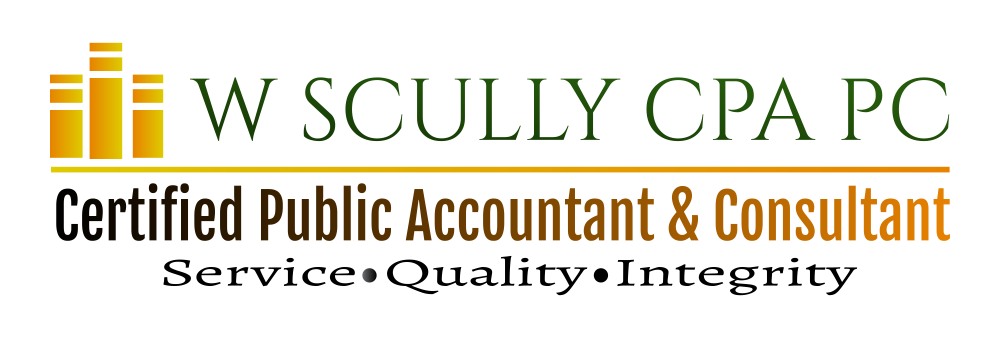
An elderly couple seeks expert guidance on reverse mortgages from a financial advisor, reviewing important paperwork together.
Understanding Reverse Mortgage Taxation in Jamaica, NY
Reverse mortgages offer seniors a way to tap into their home equity without selling their property. However, the tax implications of these financial products can be complex. Let’s delve into the taxation nuances of reverse mortgages to ensure you make informed decisions.
What Exactly is a Reverse Mortgage?
A reverse mortgage allows homeowners aged 62 or older to convert part of their home equity into cash. Unlike traditional mortgages, borrowers don’t make monthly payments. Rather, the loan is repaid when the borrower moves out or passes away, typically through the sale of the home
Tax-Free Nature of Reverse Mortgage Proceeds
One of the most appealing aspects of reverse mortgages is the tax-free nature of the proceeds. Additionally, since the funds received are considered a loan advance rather than income, they are not taxable. Consequently, this feature makes reverse mortgages an attractive option for seniors seeking additional income in retirement
Property Tax Implications
While the proceeds from a reverse mortgage may be tax-free, homeowners must remain vigilant regarding property taxes. Failure to keep up with property tax payments can lead to foreclosure, regardless of the reverse mortgage status. Therefore, it’s crucial to budget for property taxes to avoid potential financial pitfalls.
Understanding Interest Deductions
The interest accrued on a reverse mortgage is not deductible until the loan is repaid. Consequently, for many borrowers, this means interest deductions may not be realized until the loan is settled, either through the sale of the property or other means. Therefore, it’s essential to consult with a tax advisor to understand the implications for your specific situation.
Impact on Social Security and Medicare
Reverse mortgage proceeds generally do not affect eligibility for Social Security or Medicare benefits. This is because they are considered loan advances rather than income, and thus not factored into these benefit programs. However, it’s essential to note that certain needs-based programs like Medicaid may be affected. Therefore, it’s wise to seek guidance to fully understand the potential implications.
When the reverse mortgage loan is repaid, either through the sale of the property or other means, there may be tax consequences to consider. Specifically, any capital gains resulting from the sale of the home could be subject to taxation, depending on the circumstances. Therefore, consulting with a tax professional can help mitigate any unexpected tax liabilities.
Interestingly, a real estate professional colleague and friend, Frederick Oyugi, introduced me to Will, who was acting on behalf of his aunt. We will call her Judy. Nevertheless, Judy is retired and seeks to dispose of her mixed-use Jamaica, NY rental property. One option toyed with is the reverse mortgage.
They provided me a closing sheet, including the amount needed to pay off the existing mortgage, which was whopping $580,000. The expected sales price is $990,000. The concern is that if sold, the capital gains tax would be pretty significant. This makes the prospect of obtaining a reverse mortgage more attractive. That said, there are other strategies, such as 1031 exchanges, that could definitely defer the impact of capital gains on the prospects bottom-line. (Wanna learn more about capital gains tax? https://wscullycpa.com/minimizing-capital-gains-tax-for-jamaica-ny-real-estate-pros/)
It’s important for reverse mortgage borrowers to understand that they remain responsible for property taxes, homeowner’s insurance, and home maintenance. Consequently, failure to fulfill these obligations could lead to default on the loan and potential foreclosure. Therefore, budgeting for these expenses is critical to maintaining homeownership.
In conclusion, while reverse mortgages offer financial flexibility for seniors, understanding the tax implications is crucial. However, by recognizing the tax-free nature of loan proceeds, the importance of property tax payments, and potential deductions, borrowers can make informed decisions. Consulting with tax professionals can provide personalized guidance tailored to individual circumstances, ultimately ensuring a smooth financial journey in retirement.
Are you a real estate professional and need help with your tax/retirement planning or accounting? I am here for you! Please contact Wayne Scully (https://wscullycpa.com/about/) by e-mail at [email protected] or by phone at 718.938.4601.
Get a FREE! FREE! copy of Wayne’s tax resolution book here: www.getmytaxbook.com
Thanks for reading “Decoding Reverse Mortgage Taxes in Jamaica, NY”. Wanna get more of my content like this? Then check out my Real Estate playlist: https://youtube.com/playlist?list=PLaauMNiboYq0VM7kdkx5EqUSPAJ1eLCcp&si=6BuDhWqawCJXhh1n
Note:
This post may contain parts generated with the assistance of artificial intelligence. Thank you for reading!

